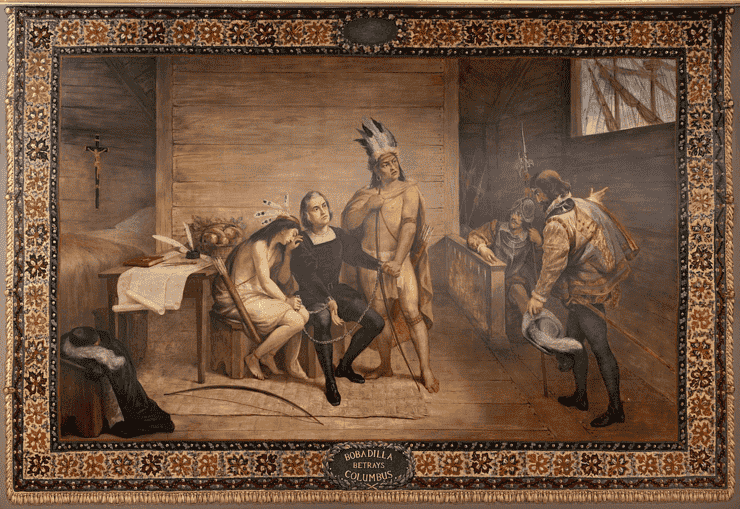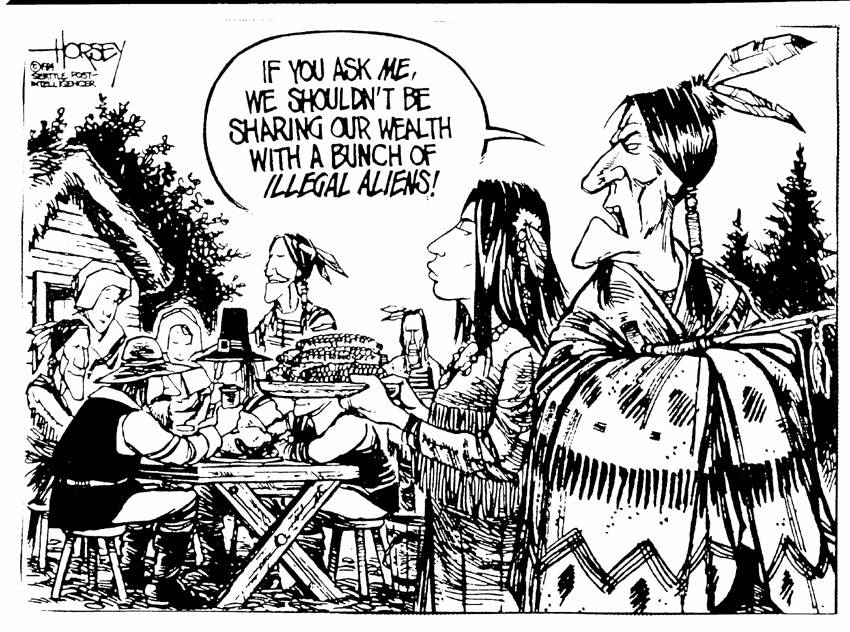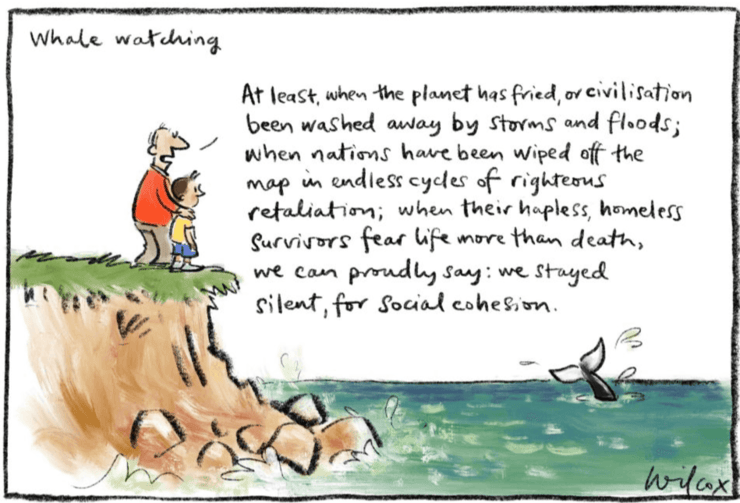CSotD: Happy No Mail/Banks Closed Day
Skip to comments
I’ve noted in the past that for empty-nested, retired folks, holidays are when the banks are closed and there’s no mail delivery, but I’ll happily let Arlo & Janis (AMS) make the point again.
The United States has two levels of federal holidays: Those we actually observe — New Year’s Day, Memorial Day, Independence Day, Labor Day, Thanksgiving and Christmas — and those where we close the schools, banks and post offices but that’s it, like Martin Luther King’s Birthday, Columbus Day, Veteran’s Day, Washington’s Birthday and, now, Juneteenth.
Call those “Federal Inconvenience Days,” because you won’t get mail and, if you have kids, you need to arrange for child care, but that’s about it. Unless you’re retired, you’ve still got to go to work.
I’m pointing this out in part to complain and in part to explain it to dumbfounded readers in other countries who think “holiday” means … y’know … that it’s a holiday.
We wouldn’t have become the top economy in the world with an attitude like that.

As David Cohen points out, the Christopher Columbus Fan Club has their knickers in a deep knot because this half-holiday is under attack by people who aren’t so sure Columbus was such a hero after all.

Which is a reasonable objection to the day, since it’s not like we found out later what a ghastly genocidal slavemaking corrupt villain he was. He was arrested at the time for his horrific treatment of the native people and for overall corruption, but was found not guilty on the basis of having made a lot of money for his royal sponsors.
Same folks who also directed the Spanish Inquisition — which wasn’t nearly as humorous at the time as it seemed later on Monty Python — and who issued the Alhambra Decree.
So it wasn’t just about Indians, if that’s any comfort.
Also, Washington Irving’s bogus biography aside, everybody already knew that the world was round. But telling Columbus loyalists that is like asking fundamentalists if Noah had kangaroos on the Ark.
It may amuse you but it won’t shake their faith.

Lalo Alcaraz sounds a familiar note at La Cucaracha (AMS), imagining if the natives then had been as intolerant and unwelcoming as nativists are today.
The history is more complex: Some of the indigenous people were welcoming and some were hostile and some of the Europeans were humble and respectful and some were hostile and if you think everyone on one side were one way and everyone on the other side were the opposite, you are the racist, whichever side you identify with.
Spaniards are not Dutch are not English are not French, and Carib are not Penobscot are not Lakota are not Pueblan. People are people, so why should it be you and I should get along so awfully?
There is this bit of good news, according to an article in El Pais:
Researchers have confirmed that the remains housed in a tomb at Seville Cathedral belong to Christopher Columbus with “absolute reliability,” according to forensic scientist José Antonio Lorente, a professor of Legal Medicine at the University of Granada in Spain. This conclusion comes after more than 20 years of research and the application of cutting-edge DNA analysis techniques.
So he’s not only merely dead, he’s really most sincerely dead.

Joe Heller puts a twist on another old joke, the Stan Freberg classic:
What you mean, discover us? We discover you!
You discovered us?
Certainly! We discover you on beach here. Is all how you look at it.
Yeah, I never thought of that.
The joke is that Columbus is blissfully sure of himself, the natives are well aware that he’s wrong, and the dark laughter comes in mocking the arrogance behind a tragedy.

Flipping the script is often an effective argument, and this 1994 David Horsey cartoon was a high point in my editorial cartooning presentation for high schools because they got it immediately, from the arrogant sneer on the speaker’s face to his companion’s side-eye disapproval to the happy scene of better people in the background.
Their laughter over the gag made a good opening for pointing out that the Thanksgiving Story was a myth in the first place, drummed up in the 19th Century to encourage immigrants to come to a nation that needed them in its mines and factories, and to farm the land alongside its sprawling railroads.
The fact is that the cheerful story of the friendly, welcoming natives was a snapshot of a fleeting moment which quickly turned to tragedy and bloodshed, and that Horsey’s parody contained far more truth than the happy pageants of construction paper feathers and shoe buckles they’d been given in grade school.
We still need a holiday to celebrate the harvest; few cultures in the temperate zone fail to observe the time of year most harvests occur.
I just don’t think we need a holiday on which we pretend to a history that barely happened and certainly didn’t persist, either in October or November. I’m equally sure, for all the Festivus jokes, that a holiday on which to air grievances would be unhealthy, unpleasant and divisive.
Theoretically, however, it would be nice to cancel both holidays in favor of a National Reconciliation Day.
People debate how Memorial Day started and who first marked the graves of our Civil War dead, but what you see in the old newspaper accounts is how many of those early commemorations included veterans from both armies coming together in kinship.
Oliver Wendell Holmes Jr., a thrice wounded veteran, in his famous speech also marked the mass of young widows the war had created, expressing his determination to encompass them as well as the dead.
Reconciliation can contain diverse masses.

As the father in Cathy Wilcox’s cartoon says, we may someday recognize the folly of keeping silent in order to keep the peace. It might have been nice to have spoken up in time to make a difference.
She speaks of the environment, but manages to include our relations with each other.
Before we could reconcile, we’d have to admit our differences and accept our flaws. Guilt must be assigned, absolutely, and there would be massive imbalances, but it must be accepted, by all parties, despite, and proportionally to, those imbalances.
It’s worth a shot: We’ve lived the alternative far too long.
Here, scratch that earworm:


Comments 17
Comments are closed.